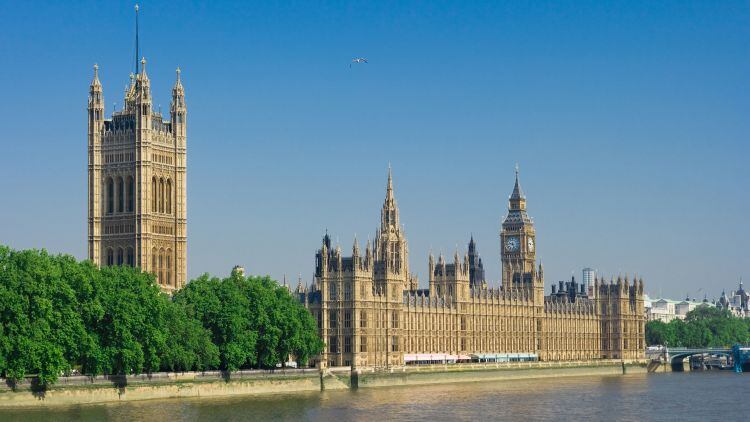The Licensing Act 2003: post-legislative scrutiny – follow-up report has been released after an investigation by a House of Lords select committee, whose job was to examine the progress made by the Government in the implementation of the recommendations made by the select committee on the Licensing Act 2003 in its 2017 report, The Licensing Act 2003: post-legislative scrutiny.
Baroness McIntosh of Pickering, who was chair of the select committee on the Licensing Act 2003 in 2017, said: “Our original inquiry concluded the Licensing Act 2003 was fundamentally flawed and needed a radical overhaul. It is now five years since we published our findings and we have not seen the progress we had hoped.
“We urge the Government to review our conclusions and recommendations and act now to tackle the issues that remain unresolved.”
Recommendations made
The committee found more needs to be done to ensure the licensing system is operating as efficiently and effectively as possible. Among its recommendations are:
- The Government should work with key stakeholders to establish a clear mechanism for the licensing and planning systems to work together and communicate effectively
- The ‘agent-of-change’ principle should be adopted to ensure licensing guidance reflects the National Planning Policy Framework. The Government should also review and strengthen the agent-of-change principle and consider incorporating it into current planning reforms in the Levelling-up and Regeneration Bill
- The committee reiterated the original inquiry’s recommendations for a minimum training standard to be established for councillors who participate in licensing committee or sub-committee proceedings
- The lack of progress in improving access to licensed premises for disabled people is unacceptable and an application for a premises licence should be accompanied by a disabled access and facilities statement
- The Government should undertake a formal review of the impact of minimum unit pricing (MUP) across Scotland and Wales and consider the effect in Scotland to assess the benefit of implementing MUP in England
- The recent decision not to extend the provisions of the Licensing Act 2003 airside should be reviewed within three years to ensure disruptive incidents caused by alcohol consumption are being effectively managed by existing industry initiatives and regulation
- The future of the Gov.UK online licensing platform must be determined and an alternative established before it is removed.
The Night Time Industries Association (NTIA), which gave evidence to the committee, lamented the lack of progress made on implementing the previous recommendations.
Disappointment shared
NTIA chief executive Michael Kill said: “We welcome the follow-up report on licensing by the liaison committee but share the disappointment of the committee and industry representatives on the lack of meaningful progress.
“We are experiencing considerable inconsistencies in planning and licensing systems and, in the majority of cases, we are still seeing siloed licensing and planning departments not engaging.
“It is still the case that identical licensing applications, presented in different areas, would result in different outcomes. This highlights the differences in interpretation of national legislation by key stakeholders, local authorities and responsible authorities.
“We continue to advocate for abolishing the late-night levy and further the representation of the night-time economy through night czars and night-time economy advisers in every major city across the UK.”




